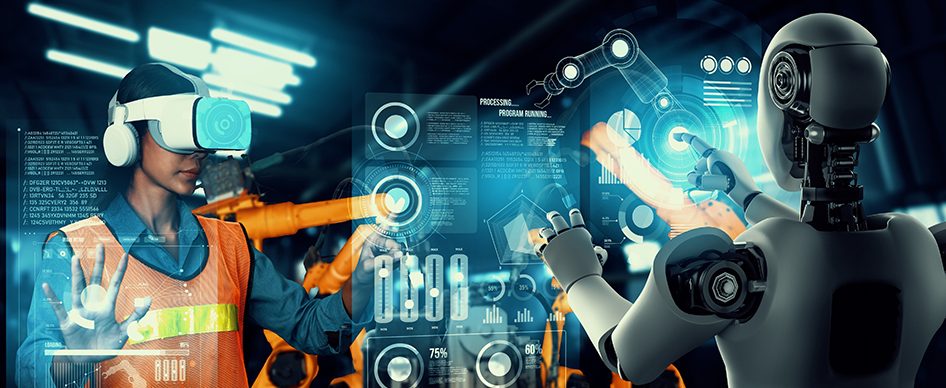As Artificial Intelligence (AI) becomes deeply embedded in industries, the role of Quality Assurance (QA) has evolved far beyond traditional testing. It’s no longer just about catching bugs—it’s about building trust in systems that learn, adapt, and sometimes behave unpredictably.
From Determinism to Probabilism
Traditional QA focused on systems with fixed logic and predictable outputs. In contrast, AI systems are probabilistic—they learn from data, make predictions, and often evolve post-deployment. QA in the AI era doesn’t just ask “Does this work?”—it asks deeper questions: “Why did it make that decision?”, “Is the outcome fair?”, and “Can we trust it?”
QA as Data Guardians
AI is only as good as the data it learns from. Modern QA plays a key role in validating data quality to ensure that training datasets are clean, complete, and free of bias. By detecting skewed patterns and validating pipelines, QA helps prevent the development of discriminatory or inaccurate models. This includes collaboration with data scientists to profile datasets, check for overfitting, and ensure ethical data handling.
Scaling Intelligence Responsibly
AI must perform under real-world conditions. QA now tests inference speed under load, evaluates resource usage across GPUs and TPUs, and ensures scalability across both cloud and edge environments. Specialized tools for benchmarking, load simulation, and profiling help QA teams validate AI system performance under pressure.
Embedding Ethics into QA
Bias in AI can cause real harm. QA has taken on a new role in ethical validation—testing AI systems on diverse datasets, measuring fairness, and working with compliance and ethics teams to ensure regulatory alignment. QA is now central to responsible AI development.
AI Quality Doesn’t End at Deployment
AI systems change over time, requiring continuous monitoring. QA ensures ongoing model accuracy through drift detection, alerting systems, and feedback loops. By integrating with CI/CD pipelines and MLOps workflows, QA maintains system reliability throughout the AI lifecycle.
Conclusion
In the AI era, QA is about more than just functionality—it’s about transparency, ethics, and resilience. QA professionals must now master data governance, fairness evaluation, performance benchmarking, and lifecycle monitoring.




